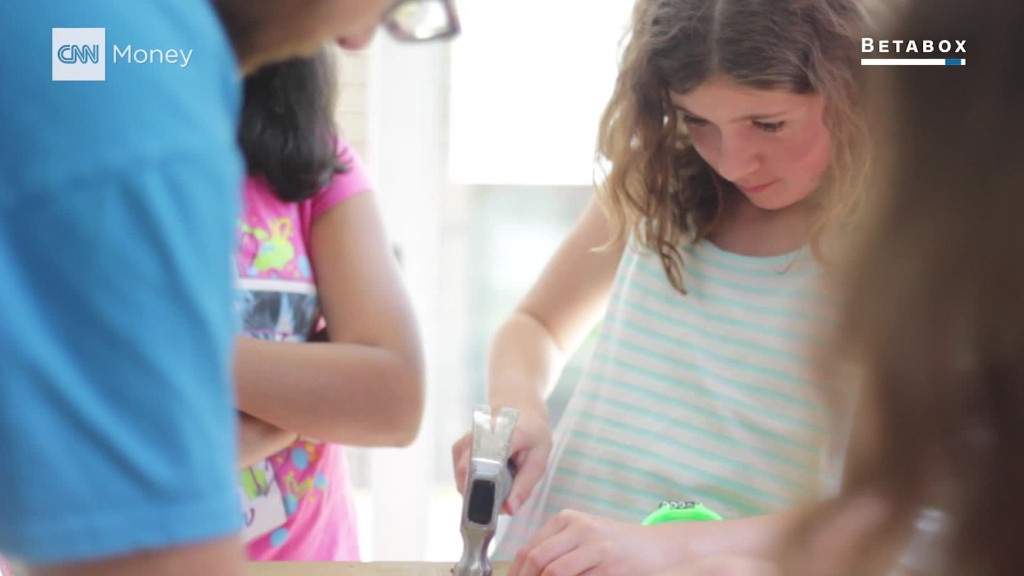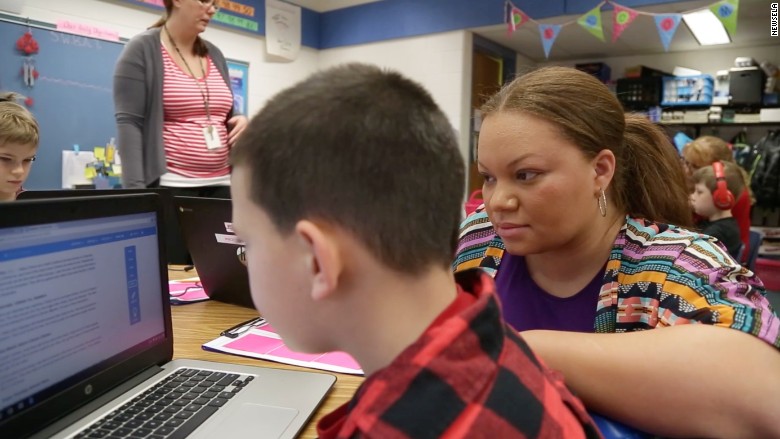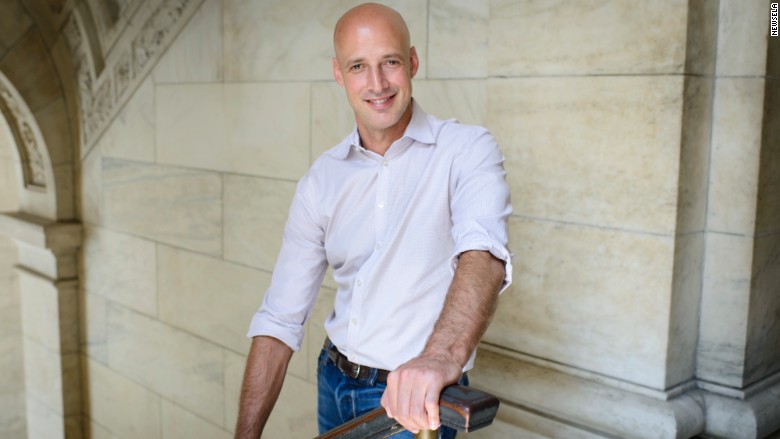
Some may consider news cut and dry, but one entrepreneur wanted it to actually help kids improve their reading skills.
"[I thought], what if we used news stories as a teaching tool to change the way kids learn?" said Matthew Gross, founder of Newsala. "It could [even] help them to become better readers."
The concept became the formula for Newsela, a New York-based startup that collects timely stories from a variety of sources and rewrites the content at multiple reading levels.
Launched in 2013, Newsela is tailored for students in grades 2 through 12.
After a teacher signs up a class for Newsela and sets a reading level for each student, the platform gives them access to corresponding articles. Students can adjust their reading level on each article by choosing a simpler or more complex version.
Newsela's proprietary technology tracks each student's progress, identifies who may need more help and tweaks the content accordingly. It also serves up quizzes and other interactive activities tied to articles.

While the service is free for students, a premium version with deeper insights is available for schools for between $4,000 to $6,000 annually, depending on the size of the school.
Beyond boosting comprehension, the goal is to provide more relevant and meaningful information.
"Textbooks and workbooks are static," Gross said. "We are losing kids' [attention] that way. We need to captivate them in classrooms."
But Newsela isn't just for current events. For example, students may read an article about Black Lives Matter, and the platform will connect that content to information about the Bill of Rights and the Constitution.
Newsela has 104 full-time employees and 140 freelance journalists from publications like Vanity Fair and Bloomberg who curate and prepare daily content in categories like science, money, law, health and sports.
"Students in earlier grades might find it harder to read one long block of text," said Gross. "We rewrite the story, sometimes adjusting paragraph lengths, adding subheads, changing the headline and taking out complicated terms in order to make the content easier for them to understand."
Newsela's content is grouped into two buckets: news from the last 30 days and evergreen stories. Articles are sourced through licensing agreements from 40 content providers, including the Associated Press, Washington Post and Los Angeles Times.
Related: How tech literate are 8th graders? You'd be surprised
Gross started his career in Teach for America, but he narrowed in on his passion to change education after his son Curtis, a second grader, struggled with reading in school.
"He was falling behind, and his teacher was very dedicated but had no specific ideas on how to help," he said.

When the principal said the teacher couldn't be expected to have the right solution for every single student, he sought a better way.
Related: Baltimore is paying kids to code
Gross, 44, initially invested $30,000 of his own money to get Newsela off the ground, but the company has since raised $21 million in funding.
Three years later, Newsela is already having an impact. The platform has 9 million users; 800,000 of whom are teachers across the U.S.
Most recently, the company tracked students using the platform below the 50th percentile in reading. In only three months, those students moved up a reading level in their reading ability.
"The platform's most important function is to enable teachers to assess students' abilities in real time, and then adjust their instruction right away," said Gross. "We're just getting started."

